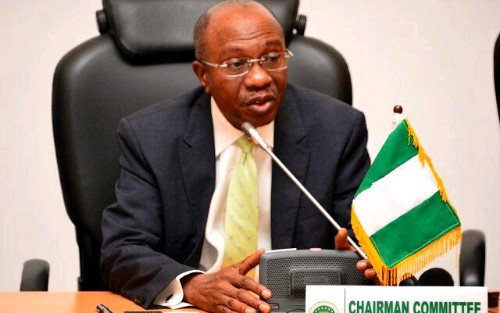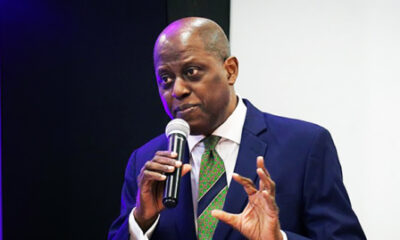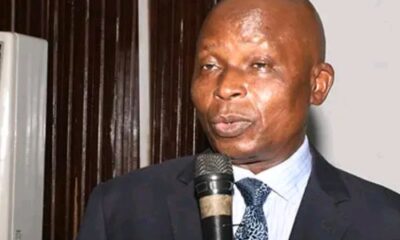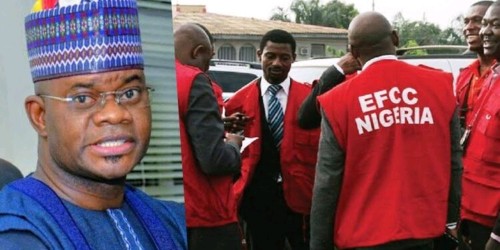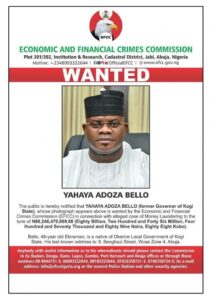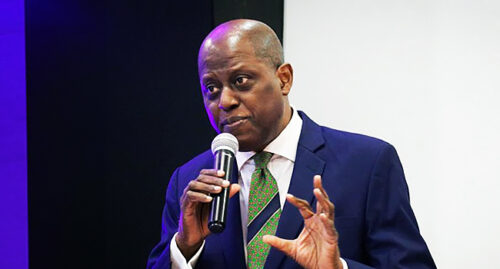BIG STORY
DISCOs: BPE, CBN Give Banks 6 Month Deadline To Quit
-

 BIG STORY4 days ago
BIG STORY4 days agoJnr. Pope: My Opinion On The Boat Crash That Claimed The Life Of Nollywood Talents By Seun Oloketuyi
-

 BIG STORY4 days ago
BIG STORY4 days agoBobrisky Treated As Normal Male Inmate, No VIP Treatment — NCS Officials
-

 BIG STORY2 days ago
BIG STORY2 days agoBREAKING: Court Grants Cubana Chief Priest N10m Bail In Naira Abuse Charge
-
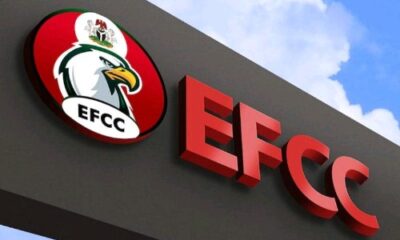
 BIG STORY4 days ago
BIG STORY4 days agoEFCC Grills Bank MDs, Others For Re-Looting Abacha Loot, Tampering With COVID-19 Funds, World Bank Loan
-

 BIG STORY2 days ago
BIG STORY2 days agoBREAKING: EFCC Operatives Lay Siege To Yahaya Bello’s Abuja Mansion [PHOTOS]
-

 BIG STORY3 days ago
BIG STORY3 days agoJUST IN: EFCC Files 3-Count Charge Against Cubana Chief Priest, To Be Arraigned Tomorrow For Naira Abuse
-
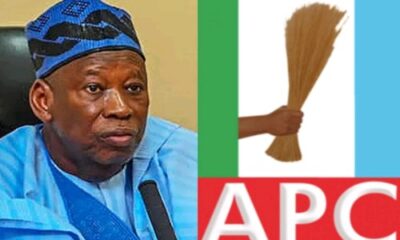
 BIG STORY2 days ago
BIG STORY2 days agoBREAKING: Court Upholds Ganduje’s Suspension As APC Chairman
-

 BIG STORY3 days ago
BIG STORY3 days agoDunamis Church Apologises Over Testimony Backlash As Abuja Testifier Meets Pastor Enenche, Wife




